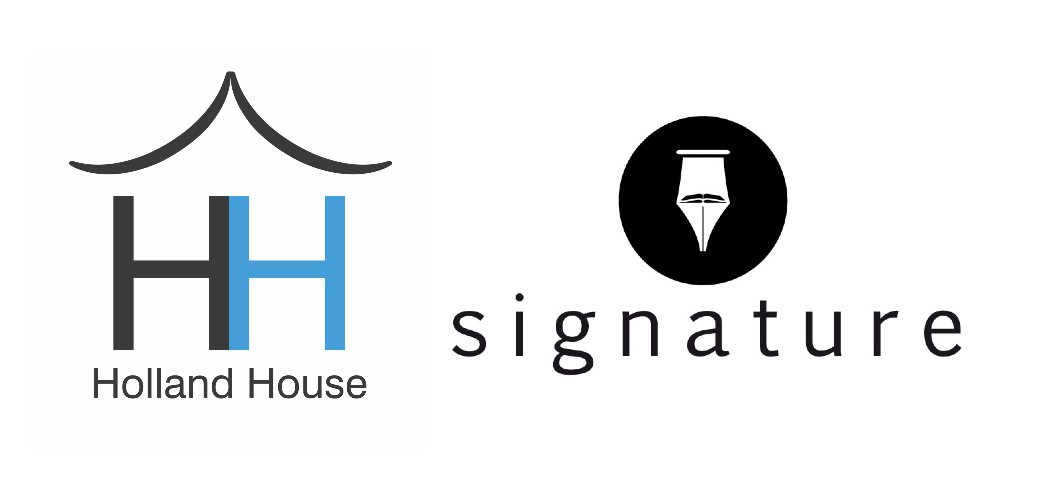“I didn’t set out to write a fable – or, rather, I did not think about it explicitly in those terms – … . I wanted to explore certain complexities relating to the history of the African continent and how that history continues to influence the lives of individuals to this day.”
Karen Jennings, author of An Island, from an interview with Joanne Hichens of Litnet.co.za


About the book :
Samuel has lived alone for a long time; one morning he finds the sea has brought someone to offer companionship and to threaten his solitude…
A young refugee washes up unconscious on the beach of a small island inhabited by no one but Samuel, an old lighthouse keeper. Unsettled, Samuel is soon swept up in memories of his former life on the mainland: a life that saw his country suffer under colonisers, then fight for independence, only to fall under the rule of a cruel dictator; and he recalls his own part in its history. In this new man’s presence he begins to consider, as he did in his youth, what is meant by land and to whom it should belong. To what lengths will a person go in order to ensure that what is theirs will not be taken from them?
A novel about guilt and fear, friendship and rejection; about the meaning of home.
As An Island enjoys its first day of being Longlisted for the Booker Prize, we share excerpts from both book and an interview with the author on Litnet.co.za. :
“Do you remember the victory parade, after the coup? All that expense and show?”
“Of course I remember it,” Disciple said. He smiled, tapped a finger lightly on one of the cell bars. “I was there. He freed us, brought us salvation from a president who had betrayed us all. A president who had put his cronies in positions of power and who then went on to take everything for themselves. All the rest, the people, and everything else, it was all forgotten.”
“How is that different from the Dictator and his motorcade full of his brothers and friends and cousins? He placed them in positions of power too. How is that different? And all the people he murdered?”
An island is the story of Samuel, an aged man who lives alone on a small island off the southern African coast as the lighthouse keeper. His is a quiet and isolated existence until a young man, in all likelihood a refugee from a neighbouring country, washes up on the shore. Samuel reluctantly takes him in, all the while viewing him as an interloper. Through their interactions, Samuel is confronted with aspects of his own past and what has brought him to the island and made him into the man that he is today.
Joanne Hichens interviews Karen Jennings on Karen’s book:
An island, as bleak as the rocky setting itself, is indeed a terrifying novel. I read it in one sitting, riveted by the intensity. Would you call it a fable for our times?
I didn’t set out to write a fable – or, rather, I did not think about it explicitly in those terms – yet I believe that the description is an apt one, to a certain extent. I wanted to explore certain complexities relating to the history of the African continent and how that history continues to influence the lives of individuals to this day. Because that history is such a multifaceted one that is shared, to varying degrees, by numerous African countries, I wanted to reduce the narrative to a small location, with few characters, and by those means amplify the key concerns.
One of those concerns is examining the life of an ordinary individual. There is nothing special about Samuel. He is not heroic, intelligent, skilled or wealthy. He is very much an everyman – an everyman who has experienced aspects of colonisation, of being made to flee his home, of poverty, of the fight for independence, of torture and imprisonment under a dictatorship, and of trying to find his place in all of that chaos and horror. What does a man like Samuel have? How does he feel? What will he do in order to protect his home?
Is Samuel, now in his seventies, a sort of composite of men who have been ruthlessly exploited by politics in its various forms?
Absolutely. On the island, he is free from politics. He is the ruler there, and he is terrified of losing that power. Samuel is bitter and very much afraid.
The start of the novel is intriguing. We soon learn that life has become so worthless that abandoned bodies float in the sea and are not valued enough to be collected or identified, and Samuel has resorted to burying at least 32 in the walls fortifying the island. Does Samuel do this to fortify the island for himself? Is there any honouring of the bodies?
He wants to keep himself and his home safe, but more than that, he wants to keep others out. There is no honouring of the dead in making them a part of the fortifications. Rather, I suppose, there is a spiritual or mystical element here of his own making. In using the corpses as additions to the walls surrounding the island, he is warning outsiders to stay away. They are not welcome. Yet, the corpses keep coming, and it is, in fact, by the process of including them in the fortifications that Samuel is unwittingly making space for them on the island, making them a part of it.
When the young refugee is beached on the island, at first presumed dead, and then revives himself and lives, Samuel is at first suspicious, then accepting, especially as the refugee helps around the dwelling. However, the paranoia that this man is a threat persists. During the four days that follow, Samuel remembers his life, what has led him to this point in time. Violence comes out strongly as a theme, the word itself used to chilling effect midway through, when we get a sense of how desensitised Samuel has become throughout his life. Humiliation is also a theme. Do violence and humiliation go hand in hand? Which comes first?
Violence begets violence. Samuel has been exposed to it from a young age through the different stages that his country has gone through politically, and through the effects of those changes on him and those around him. His first experience of this violence was when the colonisers chased his family and their many neighbours away from the valley in which they lived, killing those who did not go fast enough. This is the legacy left by the colonisers when they eventually leave the country: a legacy of blood, exploitation, torture and murder. It is difficult to move beyond that.
Furthermore, violence is a way to humiliate, to subjugate others. When Samuel’s father rose up in order to fight for his nation’s independence, he was crippled in the protest. What disgusts Samuel is that his father believes he was part of something great and good, yet the majority of those who rose up continued to live in filth and poverty, begging, scraping by, while the new independent leaders, such as the president, filled their coffers and forgot the everyday citizens who had put them in power and to whom they had promised the world. Humiliation again. It is a relentless cycle.
The novel also brings into the picture a loss of values, an escalating stupidity and a lack of ethics by leaders and, indeed, the “people” themselves. Does this all reflect a current situation, too?
Yes and no. Certainly, we have seen a large number of corrupt leaders in African nations recently. But it is nothing new. That corruption and lack of ethics cannot be put at the feet of African leaders alone. When we were colonies, we were ruled by corrupt and unethical institutions. This is part of that legacy, part of the nightmare that Africa needs to awaken from. (And, of course, the same thing can be seen across the globe – this, sadly, is one of the great failings of democracy and is one of the driving forces behind the increasing support for right wing politics.)
Another word is used to great effect: the culling – a chilling word which conjures the xenophobic purges we’ve seen in South Africa. As a South African writer, are you particularly speaking to our specific xenophobic history? Or is this a conglomerate of the cycles we’ve seen generally in Africa – colonisation, independence, dictatorship, resulting chaos, but also a way of being that is a recycling of the corrupt enslaving the poor?
It is a conglomerate, but was certainly influenced in part by the xenophobic attacks that happened in South Africa. I wanted to understand what might lead people to take part in attacks of that nature. What kind of hatred, resentment, desperation, anger, failure of government or incitement by leaders could provoke a mass attack on neighbours and friends?
We see flashes in Samuel’s personality of what he understands as weakness, but to me, to the reader, it is really a clue to his humanity which he does not allow, his inability to murder. His hesitance to kill. Is this what you intended?
Yes, I don’t believe that anyone is born a killer. I wanted to explore what might drive an ordinary human being to violent acts, such as murder. Because of outside influences throughout his life, Samuel, as you say, views his humanity as a weakness. But for the reader, we are holding on to that aspect of him, hoping that he will choose “weakness” over “strength”, and that this choice will be his salvation in the end. …
Read the full interview on LitNet: An Island – Interview by Joanne Hichens
